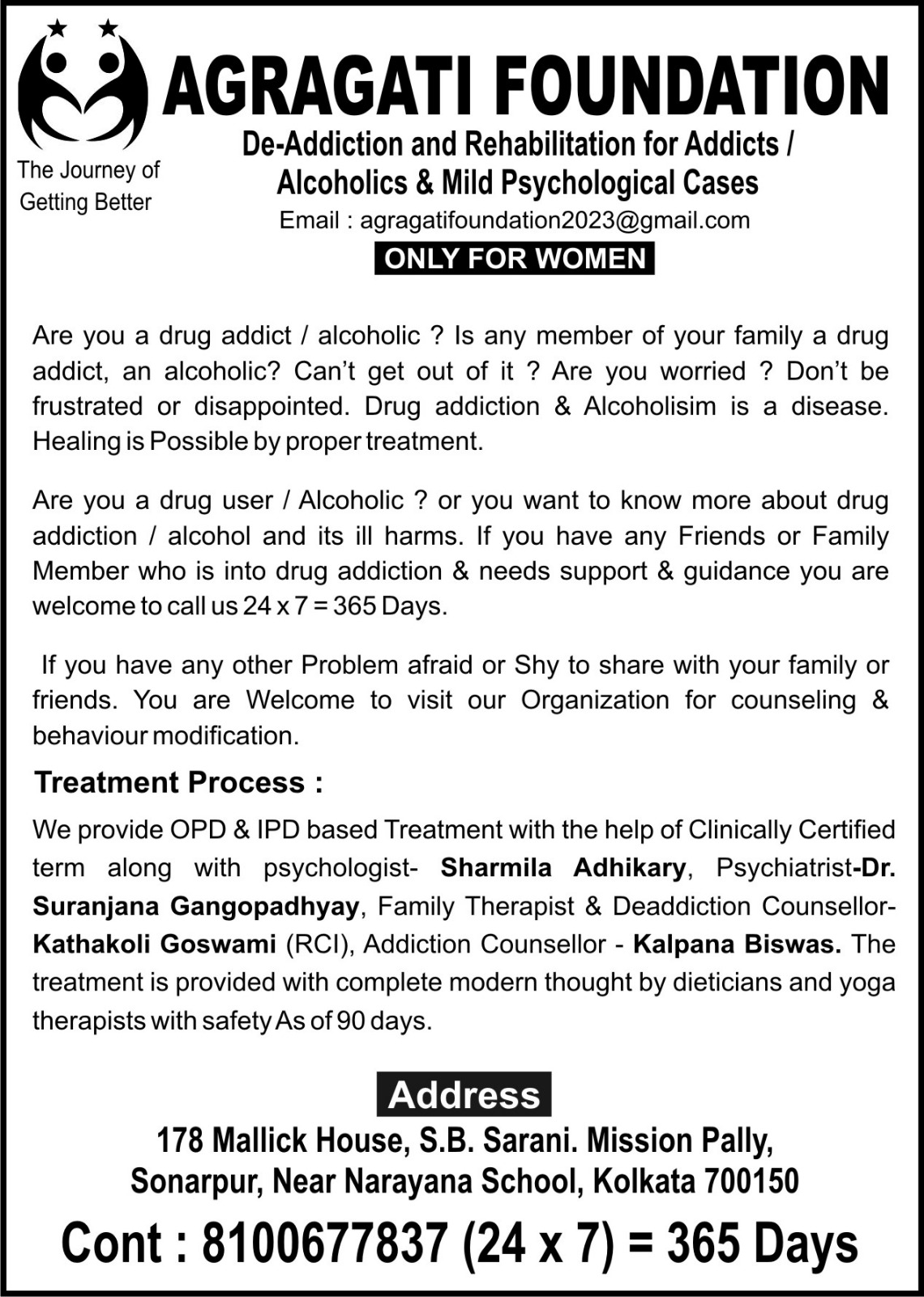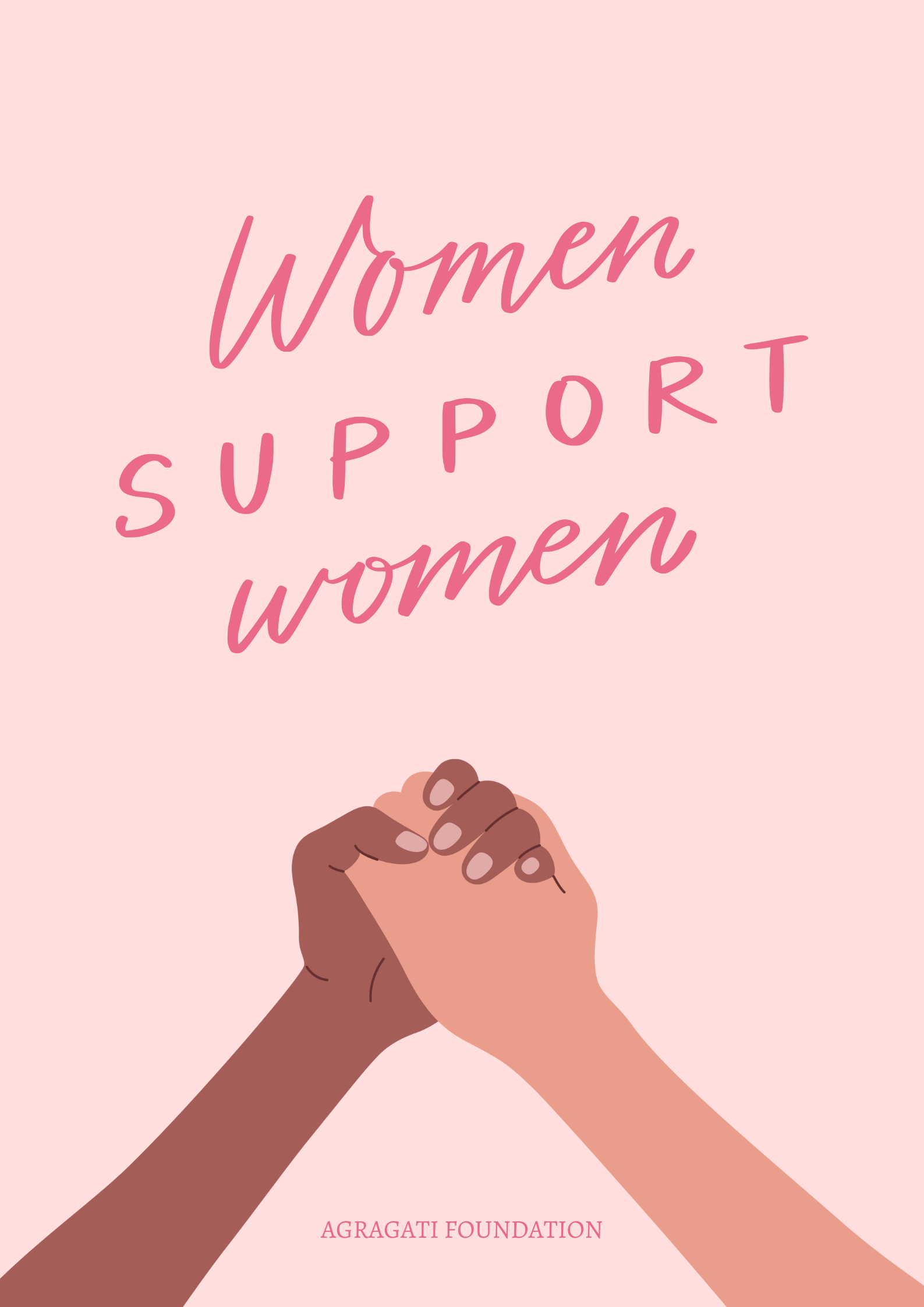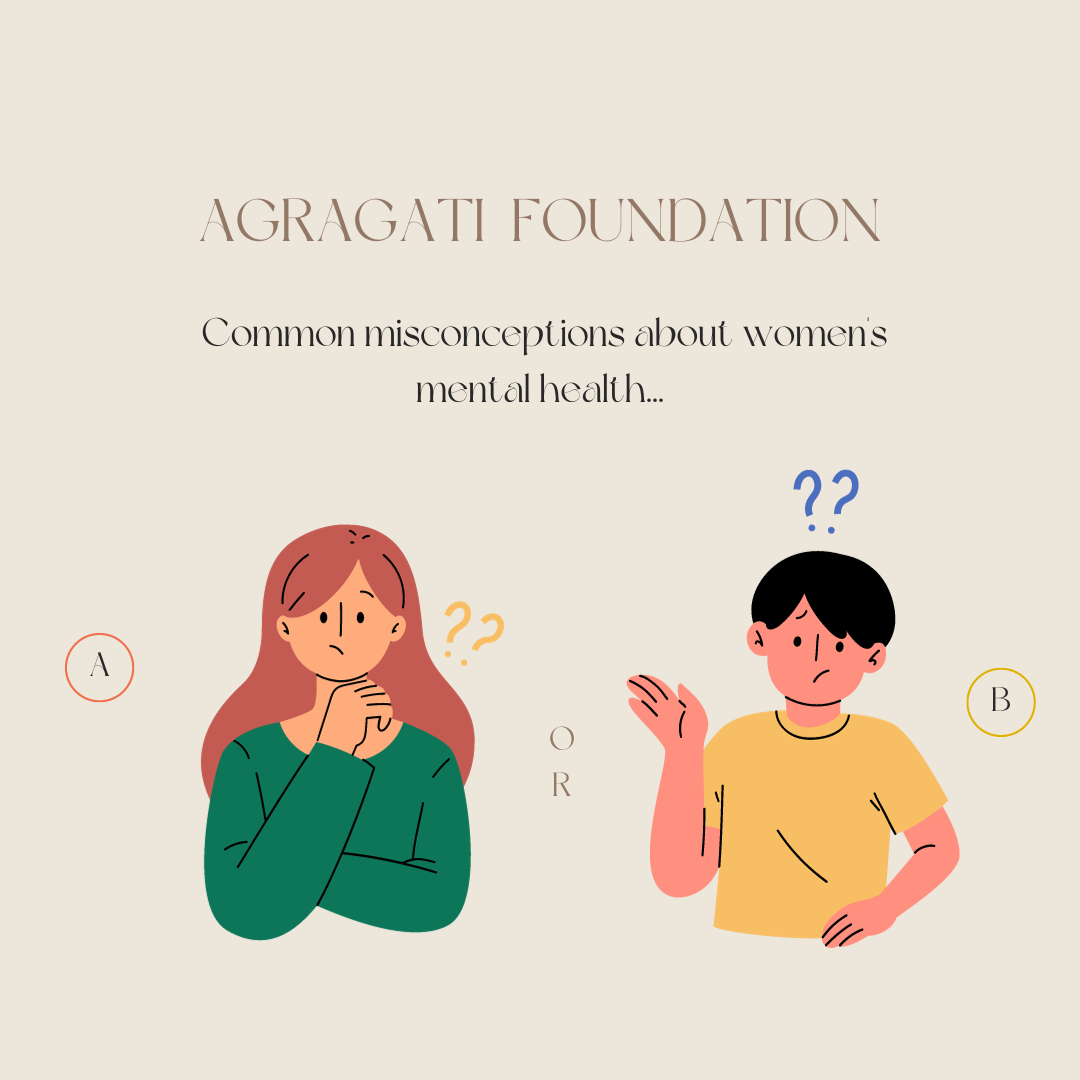Introduction
Holistic rehabilitation is a comprehensive approach to addiction treatment that addresses the physical, mental, emotional, and spiritual needs of the individual. It is based on the belief that addiction is a complex disease that cannot be cured by simply addressing the physical symptoms of withdrawal. Instead, holistic rehabilitation focuses on helping the individual to heal on all levels, so that they can develop the tools and resources they need to live a healthy and productive life in recovery.
The Importance of Therapy
Therapy is a key component of holistic rehabilitation. It can help individuals to understand the underlying causes of their addiction, develop coping mechanisms, and learn to manage their triggers. Therapy can also help individuals to address any co-occurring mental health conditions, such as anxiety or depression.
There are a variety of different types of therapy that can be used in holistic rehabilitation. Some common types of therapy include:
- Cognitive-behavioral therapy (CBT): CBT helps individuals to identify and challenge negative thoughts and beliefs that contribute to their addiction.
- Dialectical behavior therapy (DBT): DBT helps individuals to develop skills to regulate their emotions, manage stress, and improve their relationships.
- Group therapy: Group therapy provides individuals with the opportunity to learn from and support each other in a safe and supportive environment.
- Individual therapy: Individual therapy provides individuals with the opportunity to work one-on-one with a therapist to address their individual needs and goals.
The Importance of Vocational Training
Vocational training is another important component of holistic rehabilitation. It can help individuals to develop the skills and knowledge they need to find and keep a job. This is important because employment can provide individuals with a sense of purpose and stability, and it can help them to avoid relapse.
There are a variety of different vocational training programs available. Some common types of vocational training programs include:
- Job skills training: Job skills training can help individuals develop the skills they need for specific jobs, such as computer skills, customer service skills, or trade skills.
- Career counseling: Career counseling can help individuals to identify their interests and skills, and to develop a career plan.
- Job placement assistance: Job placement assistance can help individuals find and apply for jobs.
Other Components of Holistic Rehabilitation
In addition to therapy and vocational training, there are a number of other components that may be included in a holistic rehabilitation program. Some common components of holistic rehabilitation programs include:
- Nutrition counseling: Nutrition counseling can help individuals to develop a healthy diet that can support their recovery.
- Exercise: Exercise can help individuals to improve their physical and mental health, and it can help to reduce stress.
- Meditation and yoga: Meditation and yoga can help individuals to develop relaxation and stress management skills.
- Spiritual support: Spiritual support can help individuals to find meaning and purpose in their lives, and it can help them to cope with the challenges of recovery.

The Importance of Holistic Rehabilitation: Therapy, Vocational Training, and More
The Benefits of Holistic Rehabilitation
Holistic rehabilitation offers a number of benefits for individuals in recovery. Some of the benefits of holistic rehabilitation include:
- Improved physical and mental health: Holistic rehabilitation can help individuals to improve their physical and mental health. This is because holistic rehabilitation addresses the underlying causes of addiction, and it helps individuals to develop healthy coping mechanisms.
- Reduced risk of relapse: Holistic rehabilitation can help to reduce the risk of relapse. This is because holistic rehabilitation helps individuals to develop the tools and resources they need to live a healthy and productive life in recovery.
- Increased quality of life: Holistic rehabilitation can help individuals to improve their quality of life. This is because holistic rehabilitation helps individuals to develop healthy relationships, find meaningful employment, and achieve their goals.
Conclusion
Holistic rehabilitation is a comprehensive approach to addiction treatment that addresses the physical, mental, emotional, and spiritual needs of the individual. It is based on the belief that addiction is a complex disease that cannot be cured by simply addressing the physical symptoms of withdrawal. Instead, holistic rehabilitation focuses on helping the individual to heal on all levels, so that they can develop the tools and resources they need to live a healthy and productive life in recovery.
If you are or someone you know is struggling with addiction, please reach out for help. There are many resources available to support you on your journey to recovery.



